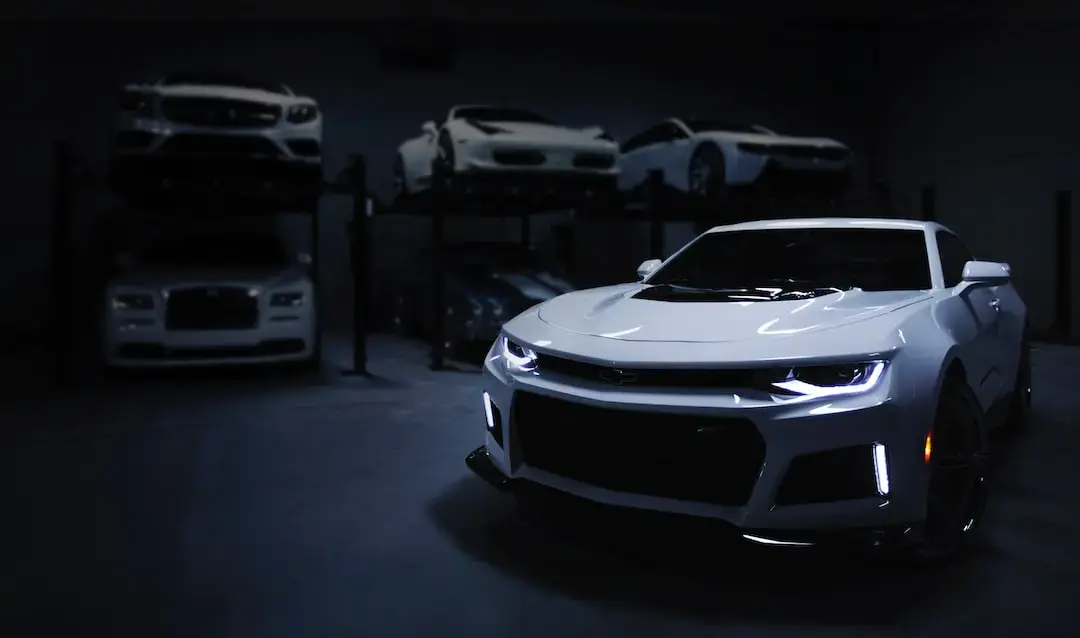Here is the actual report by CR
There reasoning for this
“Most electric cars today are being manufactured by either legacy automakers that are new to EV technology, or by companies like Rivian that are new to making cars,” says Jake Fisher, senior director of auto testing at Consumer Reports. “It’s not surprising that they’re having growing pains and need some time to work out the bugs.” Fisher says some of the most common problems EV owners report are issues with electric drive motors, charging, and EV batteries.
I suppose the most important part that’s not included here is that manufacturer warranties cover all these issues and will repair for no cost to the consumer.
It’s also important to remember that consumer reports is a rag so take their results with a grain of salt
Why is Consumer Reports considered a rag?
gasp you mean electric vehicles that have been on the market for 7-ish years now are less reliable than the ICE vehicles that have had nearly a hundred years of development and refinement behind them? Color me surprised!
There’s a lot of problems with this. Just some include that it’s a blog and doesn’t link to the actual study so it’s impossible to see what’s going on with the this report. They also never explain what this “reliability score” even means or what’s included in that. Then they start doing things like using a percent to compare the scores saying this is percent more reliable. But we still don’t even know what this score is, and comparing as a percent may not make any sense to say depending on what the scores are and how they’re calculated. Unfortunately you can’t really draw any conclusions from what’s in this article.
TLDR: A study by Consumer Reports found that found that across the industry EVs tended to have higer rates of reported reliability issues compared to conventional gas cars. The authors contribute this to the large number of new EVs models that have come out in the last few years as well as new car companies, and doubt that it has much to do with the drivetrain technology itself.
Interesting they also found that hybrids were 26% more reliable than conventional gas cars dispite the addition of an electric drive train. Even more oddly with that information they found that plug in hybrids were the worst, at 146% worse than conventional gas, though note that the Rav4 plug in version was one of the most reliable vehicles surveyed.
“Most electric cars today are being manufactured by either legacy automakers that are new to EV technology, or by companies like Rivian that are new to making cars,” says Jake Fisher, senior director of auto testing at Consumer Reports. “It’s not surprising that they’re having growing pains and need some time to work out the bugs.”
“While Tesla’s EV components are generally reliable, the company continues to struggle with the build quality of its vehicles,” says Steven Elek, who leads the auto data analytics program at CR. “Tesla powertrains are now pretty solid for the most part, but Tesla owners report a lot of build quality issues including irregular paint, broken trim, door handles that don’t work, and trunks that don’t close. All of these pull down the brand’s reliability score.”-
So TLDR of the TLDR, expect manufacturers new models to have teething issues, especially if not owned by Toyoda, Hyundai, or Kia.
why though?
technically they are much simpler, with less moving parts. if anything they should be MORE reliable
Gonna guess it’s the half baked software?
I was guessing crappy build quality, but software is a great way to introduce planned obsolescence now that i’m thinking about it.
Probably the “fail fast” design mentality
I know what you mean, but FWIW: You probably mean “move fast and break things”. “Fail fast” is usually about not hiding/carrying with you potentially bad errors, and instead “fail fast” when you know there’s an issue. It’s an important tool for reliability.
An unrealistic example: Better to fail fast and not start the car at all when there’s abnormal voltage fluctuations, then explode while driving ;)
Maybe they actually meant “fail fast” because it’s cheaper to build? It would certainly explain a lot.
Not quite sure myself if I’m kidding or not.
A while ago, there was something that showed the higher failure rate of various components on EVs because of the lack of routine service that has cars have. Basically, gas cars get a service and inspection every 5-10k miles when the oil is changed and any worn bearings, bushings, etc. are found. EVs don’t have that so things go unnoticed until they fail. Could this be the same? Could the “reliability” concerns just be normal wear that isn’t getting caught since there are no routing inspections?
It’s possible that’s a factor, but is doesn’t seem to explain the larger differences between plug in hybrids and regular hybrids, or the vast differences between manufacturers. I tend to agree with the authors that it has more to do with manufacturers and teething issues than the drivetrain itself.
It would definitely be good to see a comparison of the reliability of ICE vs electric cars in countries where there is mandatory routine inspections for both. That would eliminate wear and tear as a contributing factor.
Mechanics generally don’t inspect vehicles that are in for routine maintenance unless the customer is paying for inspections.
I mostly do my own work, but whenever I do take my car to the local Mazda dealer, they always provide a full inspection report as well as a video of the tech checking everything and explaining anything that they’ve found. Even when my wife takes her car in for only basic maintenance (it’s still under warranty so we take it in for oil changes), they do the same thing and don’t charge anything extra.
Same dealer network owns the local Ford dealer and I ended up taking my old Fiesta ST there for an oil change as I didn’t have the space to do it myself at the time. $45 for an oil change and tire rotation, and I got the same inspection report and video.
This seems like an extremely rare, high level of service and I’m still not convinced this would be the difference between EVs and ICE vehicle reliability if it was the standard at every dealer and independent shop over the past 10 years.
I attribute it to Tesla being a manufacturer that doesn’t care about the manufacturing process.
Except for the one I bought it turns out…
I just got a 2024 Kia Niro Wave EV! Hopefully that means this thing doesn’t give us problems!
I have a 2020 Niro PHEV and frankly the gas motor is piece of shit. Last year they had to rebuild the entire thing after some piston parts failure. They had the car in the shop for almost 2 months because they had a back order on the engine parts. Luckily all has been well since then.
Did I miss the part where they differentiate between minor issues such as paint problems or YouTube crashing on the middle screen, and actual breakdowns where the car doesn’t move when it should? According to the original article, they’ve included reliability issues such as drivetrain problems, irregular paint and broken trim in their ranking.
Losing in-car entertainment or comfort functions is still undesirable, but if given the choice I’d rather have a car that runs without music than a stationary car that lets me stream movies until roadside assistance arrives.
And concerning the former, the infotainment systems in most ICE cars are just as cutting-edge as those in BEVs. I would expect differences in quality/reliability between different manufacturers, but not within the same brand and model.Anybody else getting a TOS violation error page
I drive an older leaf, cannot confirm 😂











